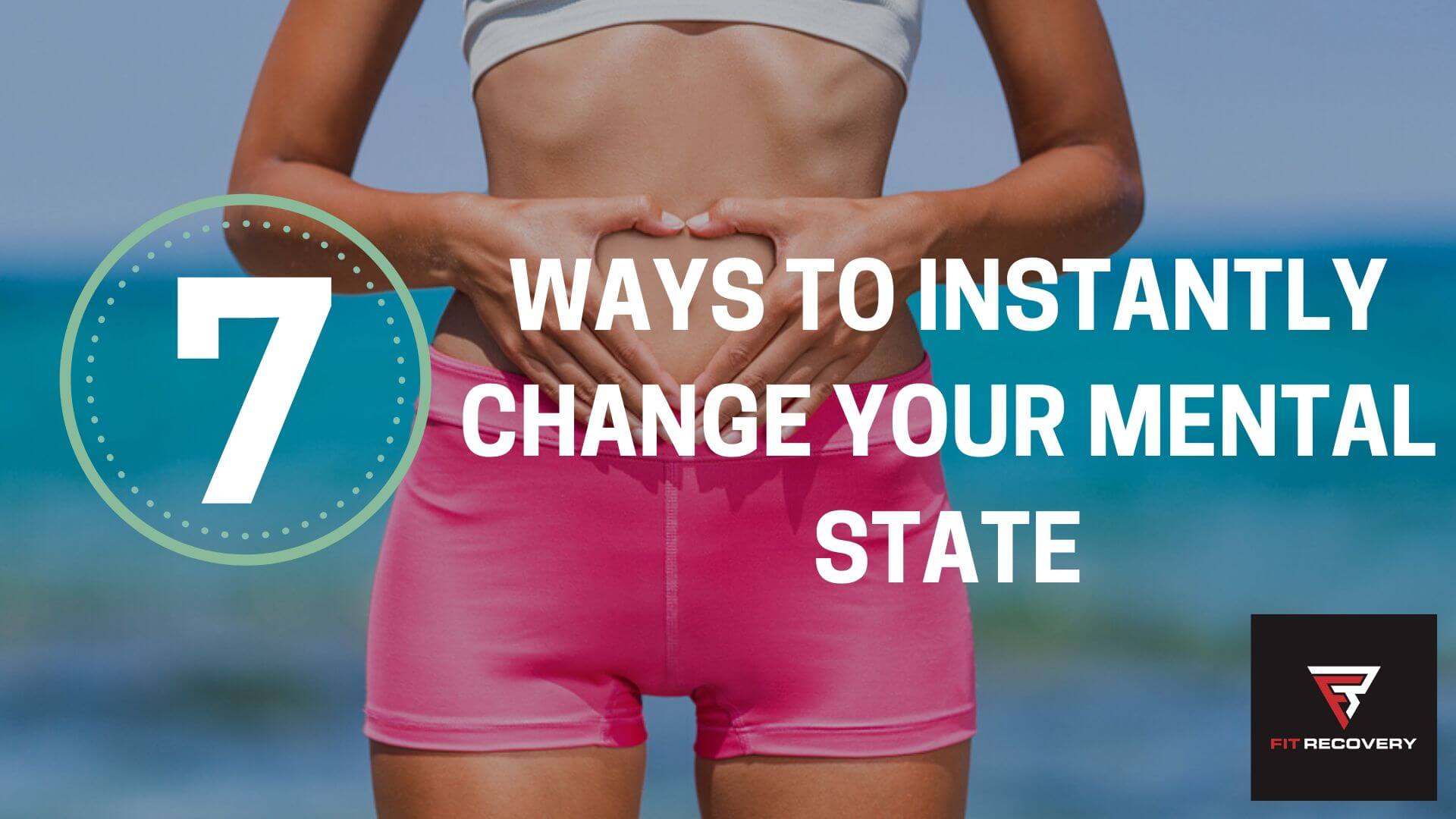It’s easy to drift into a downward spiral of anxiety, self-doubt, or just plain old boredom.
Actually, the worst emotion I recall experiencing during alcohol withdrawal was nervous exhaustion, which is hell on earth.
This happens when you’re too wired to possibly feel good, and negative thoughts race uncontrollably, but you’re too damn tired to invent a solution for it.
I don’t know about you, but when I’m caught off guard by any of these unpleasant emotions, I like to have a range of tools that I can use RIGHT NOW.
I can use them right now because they have become habits that my mind automatically turns to – instead of alcohol, sugar, social media, or other time-wasting bullshit.
I’ve found that if one of these strategies doesn’t work, another one will.
I experimented with all of these strategies (and many more) after I quit drinking, some of them even before I discovered the healing power of intelligent supplementation.
To this day, when I have a rare episode of feeling anxious or just blah, I counter it by going into problem-solving mode and figuring out which of my strategies will change my state.
I describe all of them in detail in the video below:
(Click here to watch the video on YouTube)
Can You Change Your Mental State?
Absolutely!
Although there are external forces that can affect your daily life, how you view them or where you place your focus can determine your mental health.
If you think negative thoughts, you’re in a negative state of mind.
When you think positive thoughts, you’re in a positive state of mind.
But, changing your mental state will take practice as you learn to evaluate your thought processes and create habits for more positive thinking.
How to Change Your Mental State: 7 Strategies That Work
Here is a brief list of strategies that can help you change your mental state:
- Hydrotherapy
- Deep Breathing
- Impulse Jogs
- Yoga (anywhere)
- L-Glutamine (for alcohol/sugar cravings)
- Focus On Other People
- Neuro-Linguistic Programming (NLP)
There is only one supplement in the list above: I have included L-glutamine because I have seen it instantly reduce alcohol cravings for countless people in early recovery.
This amino acid works best when the powder is dissolved under the tongue. It also works best in conjunction with other great supplements like Calm Support and Sleep Support.
If your problem now is alcohol cravings, then alleviating your cravings is only half the battle. You will need to refocus your attention to activities that help you in ways that alcohol – that worthless, carcinogenic toxin – never could.
Over time, shifting your focus toward productive and fulfilling activities will become a new skill. The strategies that you acquire to change your state will become habitual and automatic.
Making time to take care of yourself is never a waste of time; it is a crucial aspect of recovering from addiction and living an optimized lifestyle.
What Is The Best Way to Improve Your Mental Wellbeing?
Reduce and eliminate stressors when possible so that you create more calm in your life.
For life events out of your control, balance it out with positive things you can control.
Create positive habits and focus your attention on both mentally and physically healthy activities.
You should also continue to build and maintain positive, supportive relationships that will help negate the toxic ones.
Concluding Thoughts
There is one additional strategy that I did not mention in the presentation above, and which can be very useful:
Simply take a 10 minute time-out.
Lay on your bed, or your couch, or your office floor and give yourself permission to zone out and de-stress.
You can meditate if you’d like, but you don’t have to even do that.
Too many of us have used alcohol as a source of energy to do things we don’t want to do – house chores, thankless work, favors for people who don’t deserve them.
You deserve a time-out at least once per day. If you’re pressed for time, simply subtract it from the time you would have otherwise spent browsing through social media, TV, the news – none of which would have made you feel better afterward.
I hope you enjoyed this video! To stay posted for more, be sure to subscribe to the Fit Recovery channel on YouTube.
If you have any questions about strategies for changing your state of mind, feel free to leave them in the comment box below.








This was very motivating for me. Knew about a lot of this info but it have me a better perspective on how I can use these tools to transcend from alcohol forever!
Awesome Kathleen, you can definitely transcend alcohol forever!!